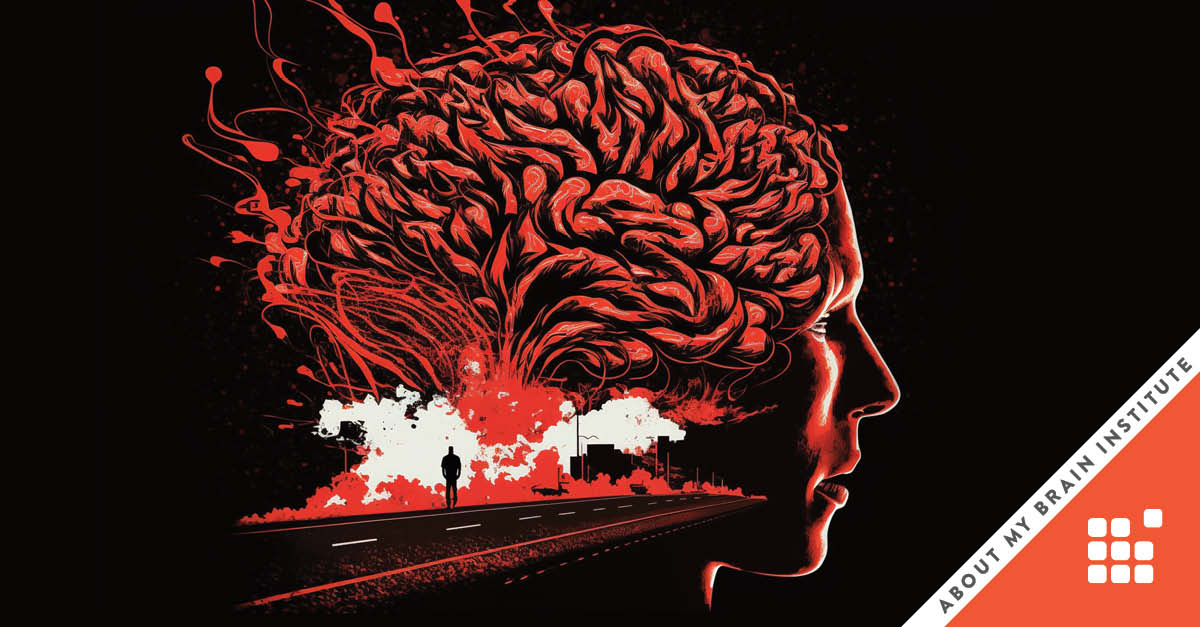Learning to be Conscientious
Attribute: Conscientious

The Benefits of Living a Conscientious Life
The difference between being conscientious and being careless lies in the level of attention and care we bring to our actions, decisions and behaviors. A conscientious person approaches life with diligence, mindfulness and a commitment to doing things right. They pay close attention to detail, consider the consequences of their actions and take responsibility for their outcomes. This approach leads to greater success, stronger relationships and a deeper sense of fulfillment.
On the other hand, carelessness reflects a lack of attention, precision or consideration. When we are careless, we may overlook important details, make hasty decisions or neglect the impact of our actions on ourselves and others. This can result in mistakes, missed opportunities and strained relationships, ultimately hindering our personal growth and well-being. By understanding the contrast between conscientiousness and carelessness, we can better appreciate the importance of cultivating a conscientious approach to life.
- Enhanced Relationships: Conscientiousness builds trust and reliability, while carelessness can strain connections with others.
- Increased Success: A conscientious approach leads to better outcomes in all endeavors, while carelessness often results in setbacks and missed opportunities.
- Personal Growth: Conscientiousness fosters continuous learning and self-improvement, helping you grow beyond the limitations of carelessness.
- Reduced Stress: By being conscientious, you avoid the stress that comes from correcting mistakes or dealing with the repercussions of carelessness.
Keep reading ↓
Keep reading ↓
Newsletter
Assess Your Tendency to Be Careless or Conscientious
Consider these self-reflective questions:
- Can you recall a recent situation where you were either careless or conscientious in your actions? What were the circumstances and what were the outcomes?
- When completing daily tasks, do you find yourself leaning more toward carelessness or conscientiousness? How does this impact your results?
- How often do you consciously review your work or decisions to ensure they reflect a conscientious approach?
- Have others pointed out instances of carelessness or conscientiousness in your behavior? How did you respond, and what steps did you take to reinforce or correct your approach?
These questions are designed to prompt introspection, helping you identify whether you lean more towards conscientiousness or carelessness in various aspects of your life.
Keep reading ↓
Embracing Conscientiousness and Overcoming Carelessness
- Mindfulness: Practice mindfulness in daily activities, paying full attention to the tasks at hand. This helps counteract carelessness and fosters a more conscientious approach to everything you do.
- Double-Check: Make it a habit to double-check your actions, especially when precision is essential. This conscientious practice can prevent the errors that often result from carelessness.
- Accountability: Hold yourself accountable for your actions and their consequences. By adopting a conscientious mindset, you learn from mistakes and transform carelessness into opportunities for growth.
Recognizing the difference between conscientiousness and carelessness is key to personal growth and success. By embracing a conscientious approach, practicing mindfulness and adopting habits that promote attention to detail, you can minimize the negative consequences of carelessness and achieve greater effectiveness in all aspects of life. Remember, choosing conscientiousness over carelessness is a continuous journey of self-improvement that leads to a more fulfilling and intentional life.

Explore the Items
Read each article!
Supporting content
Ethics Articles
Check out the latest blogs to learn more about this topic!

Learning To Be Calm: The Neuroscience Behind Workplace Stress

Impulse Control In Leadership

How Energy & Vitality Enhance Your Performance
Bibliography
This article has been inspired by the following sources:
- Moore, S. (2021). How to be carefree without being careless. Susie Moore.
- https://susie-moore.com/confidence/carefree-without-being-careless/
- Garber, M. (2016). Careless people are skewing the results of scientific studies. Can they be stopped? Quartz. https://qz.com/635714/careless-people-are-skewing-the-results-of-scientific-studies-can-they-be-stopped
- Damiano, S. (2019). Having the courage to fail and then try again. About My Brain Institute. https://www.aboutmybrain.com/blog/having-the-courage-to-fail-and-then-try-again

